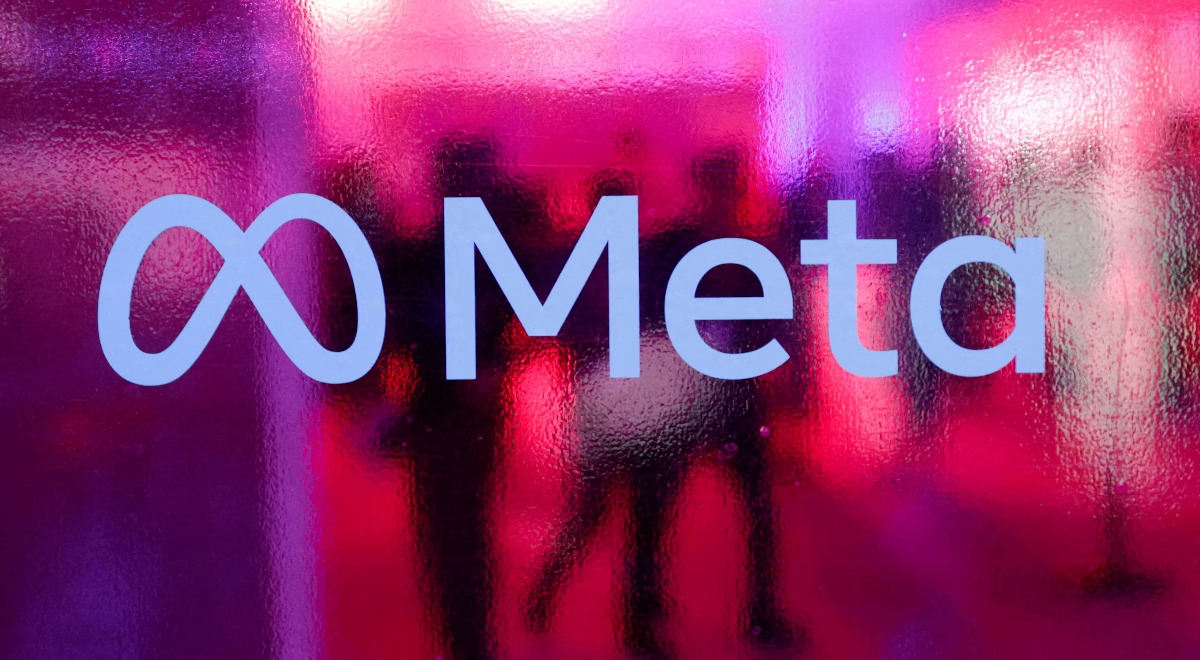Brazil’s National Data Protection Agency (ANPD) has taken decisive action against Meta, suspending its new privacy policy that permits the use of user content for training AI models.
This move follows concerns over potential harm to users’ fundamental rights, prompting ANPD to issue a five-day ultimatum for Meta to revise its policy or face substantial daily fines.
Similar to actions taken in Europe, where Meta’s plans were halted due to regulatory concerns and complaints, Brazil’s ANPD is asserting its authority to protect user data and privacy. Meta, however, asserts that its policy changes comply with local laws and expresses disappointment over the setback to innovation and AI development in Brazil.

The situation in Brazil differs significantly from that in Europe due to several key factors. Notably, Meta’s policy changes in Brazil affect users of all ages, including teenagers and children, which raises legal and ethical concerns under Brazilian laws. In contrast, Europe’s objections primarily focus on adults, reflecting a narrower scope of regulatory concern.
Moreover, the process for users to opt out of Meta’s AI training data collection is more cumbersome in Brazil compared to Europe. Brazilian users face a complex eight-step procedure, whereas Europeans have a simpler form-based opt-out option.
This disparity underscores challenges in enforcing data privacy rights across different jurisdictions and suggests Meta’s varying approach in compliance.
Critics, including Data Privacy Brasil’s Pedro Martins, highlight these discrepancies as indicative of Meta’s potentially dismissive stance towards Brazilian regulations. The ANPD’s intervention signals a push for Meta to align its policies with local standards and may necessitate significant revisions before implementation can proceed in Brazil.
